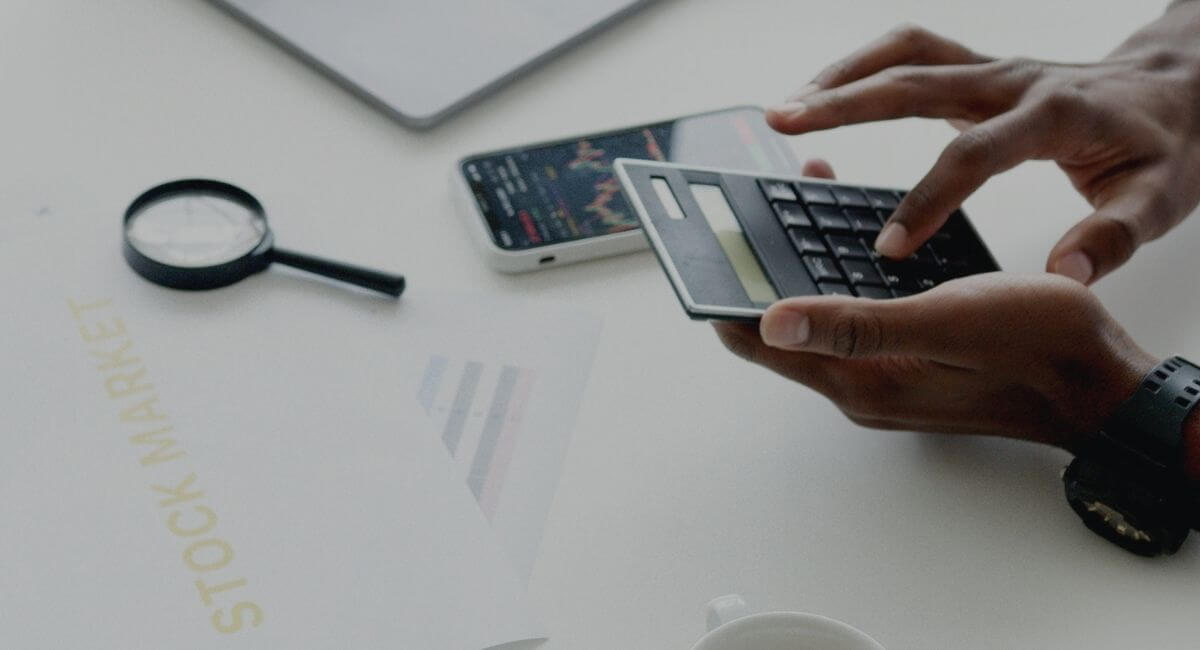The PSEi Composite Index (Philippine Stock Exchange Index) is the benchmark stock market index of the Philippines, representing the performance of the largest and most actively traded companies listed on the Philippine Stock Exchange (PSE).
First launched in 1992, the PSEi came about after the merger of the Manila and Makati Stock Exchanges.
PSEI Composite, Chart & Dividend Yield
The PSEi is a market-capitalisation-weighted index that provides a key indicator of investor sentiment and overall economic health in the Philippines.
As the main equity market index in the country, the PSEI tracks the performance of 30 blue-chip companies across various sectors, including banking, telecommunications, consumer goods, property development, and utilities. It was previously named the PHISIX but is now more commonly called the PSEi.
While the index has performed strongly so far this year (up more than 14% as of Q4, 2024), it has been ranging since 2021. Investors will be watching to see if the current momentum can carry through the upper end of the range and toward its 2018 highs.
PSEI Composite Price Forecast
Bull Argument: The PSEI benefits from the Philippines’ growing consumer market, fueled by a young and expanding population. The index also reflects the resilience of key sectors, which are positioned for growth as the country invests in infrastructure and digital transformation.
Analysts have noted that the government’s Build, Build, Build program, aimed at upgrading transportation and utility infrastructure, will continue to stimulate economic activity. In a recent article, ABS-CBN News said stock market analyst Herald Tan sees the recent push through a key level as the start of a long-term bull run. “I don’t really consider it to be a short-term bull ride. But I see it as an emerging long-term bull market,” Tan told the publication.
Bear Argument: Despite the PSEI’s potential, the index is exposed to risks from global economic downturns, rising interest rates, and currency depreciation. The Philippines’ reliance on imports for energy and other key resources makes it vulnerable to global price fluctuations.
Additionally, the PSEI’s concentration in a few large conglomerates could limit diversification benefits for investors, making the index more susceptible to sector-specific downturns or policy changes that affect key industries.
Who Should Buy the PSEI Composite?
Investors should consider the following aspects when assessing the index:
Confidence in the Philippines’ Economic Expansion: The PSEi reflects the performance of companies that are closely tied to the country’s economic growth. Investors with a positive outlook on the Philippines’ economy, which includes expanding infrastructure spending and increasing digitalisation may find opportunities for long-term gains in the PSEi. According to the International Trade Administration, the Philippine’s digital economy “in 2023 amounted to about $35.4 billion, contributing 8.4 percent to the country’s Gross Domestic Product. This resulted in a 7.7 percent growth from the $33.6 billion Gross Value Added of digital economy in 2022.”
Emerging Market Volatility: As an emerging market, the Philippines is subject to higher levels of risk compared to US stocks, or developed markets. The PSEi is more vulnerable to external factors like changes in global interest rates, exchange rate fluctuations, and geopolitical risks. Investors should be ready for periods of volatility and be willing to adopt a long-term investment perspective.
Investing in Real Estate and Infrastructure Growth: The index includes major real estate firms, which could benefit from government-led infrastructure projects and urban development initiatives. Investors bullish on the continued growth of the Philippines’ real estate sector may see potential in the index.
Investors Comfortable Navigating Emerging Market Currency Risk: Alongside the potential opportunities comes the inherent volatility of emerging market currencies, including the Philippine peso. For those accustomed to
PSEI Composite Top 10 Companies
The PSEI Composite Index is reviewed semi-annually in February and August. Below are some of the largest companies in the index:
| Company | Market Cap (As of September 21, 2024) |
|---|---|
| Ayala Land | $9.91 Billion |
| SM Investments Corporation | $21.76 Billion |
| Golden MV Holdings | $19.36 Billion |
| SM Prime Holdings | $16.70 Billion |
| BDO Unibank | $15.67 Billion |
| International Container Terminals | $15.13 Billion |
| Bank of the Philippines | $13.05 Billion |
| Manila Electric Company | $8.72 Billion |
| Ayala Corporation | $14.38 Billion |
| Metropolitan Bank & Trust | $6.42 Billion |














